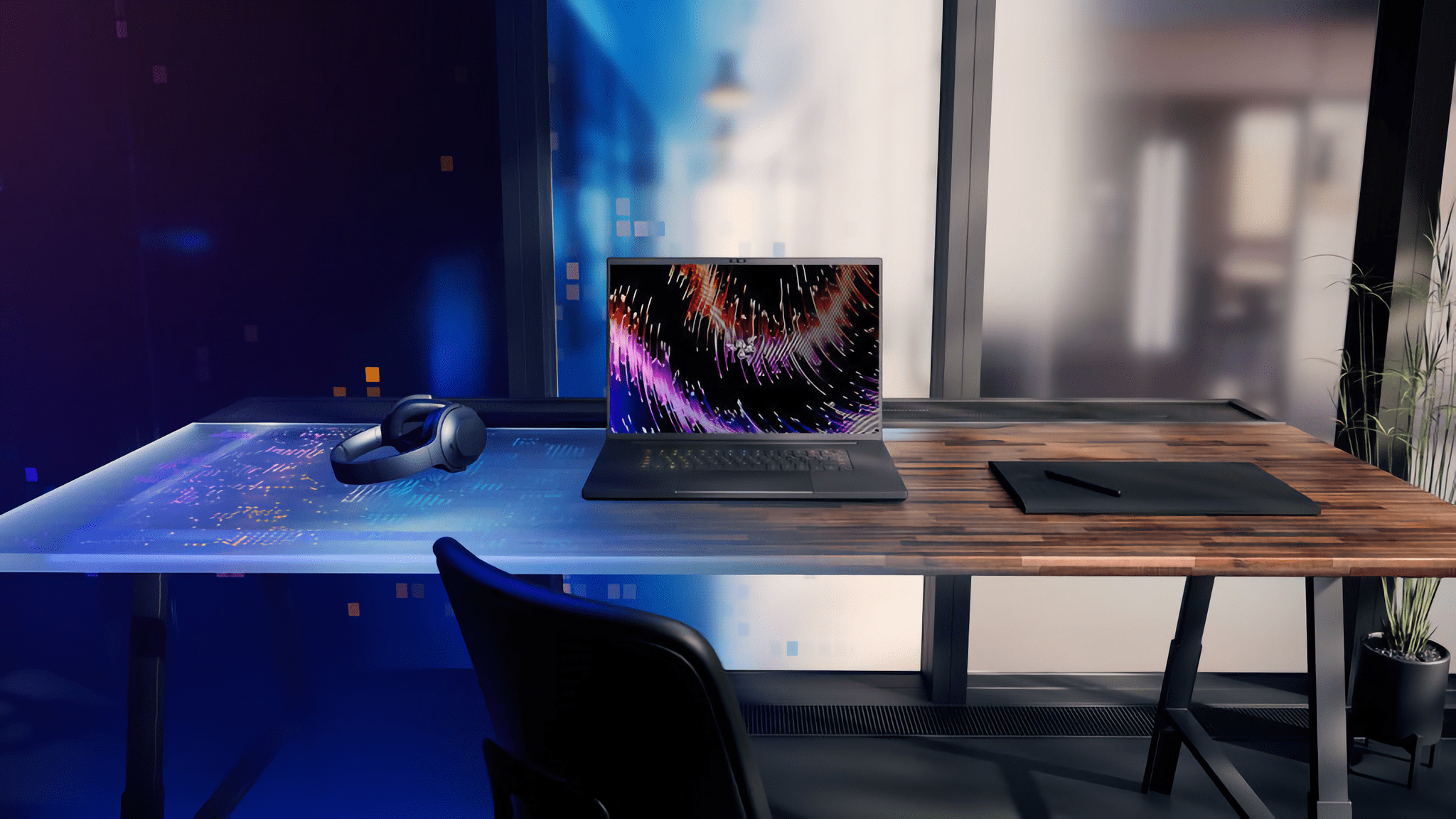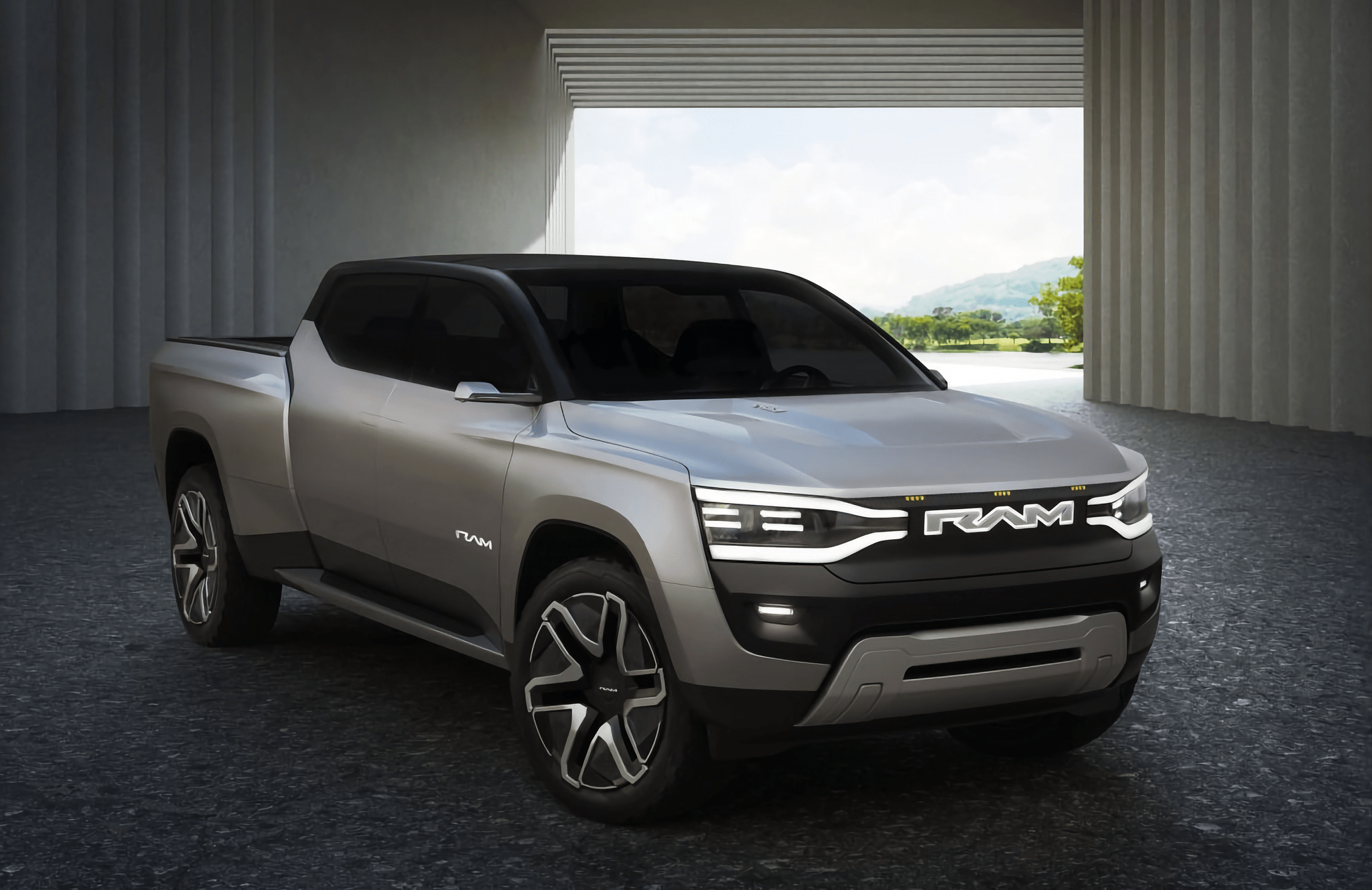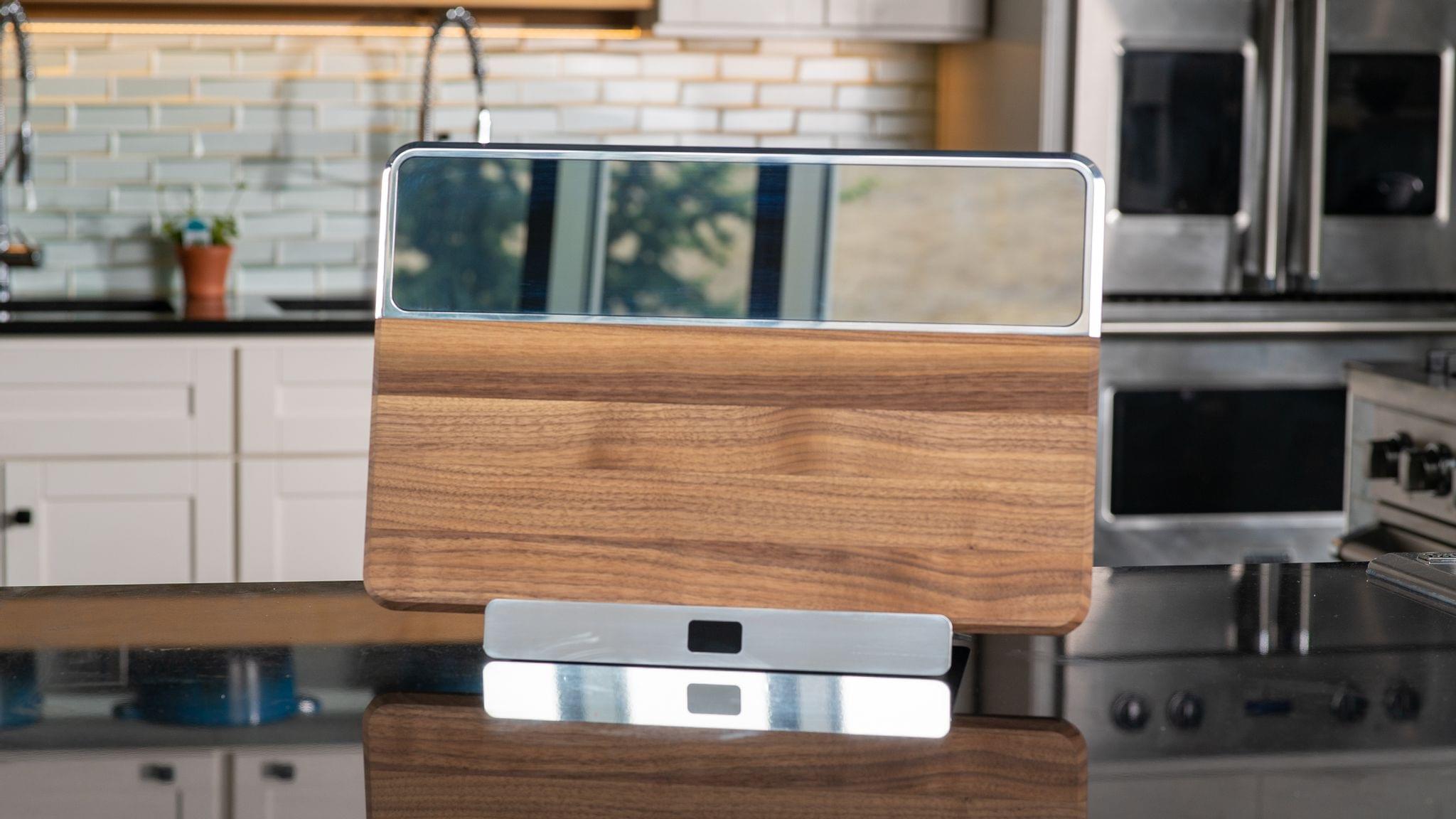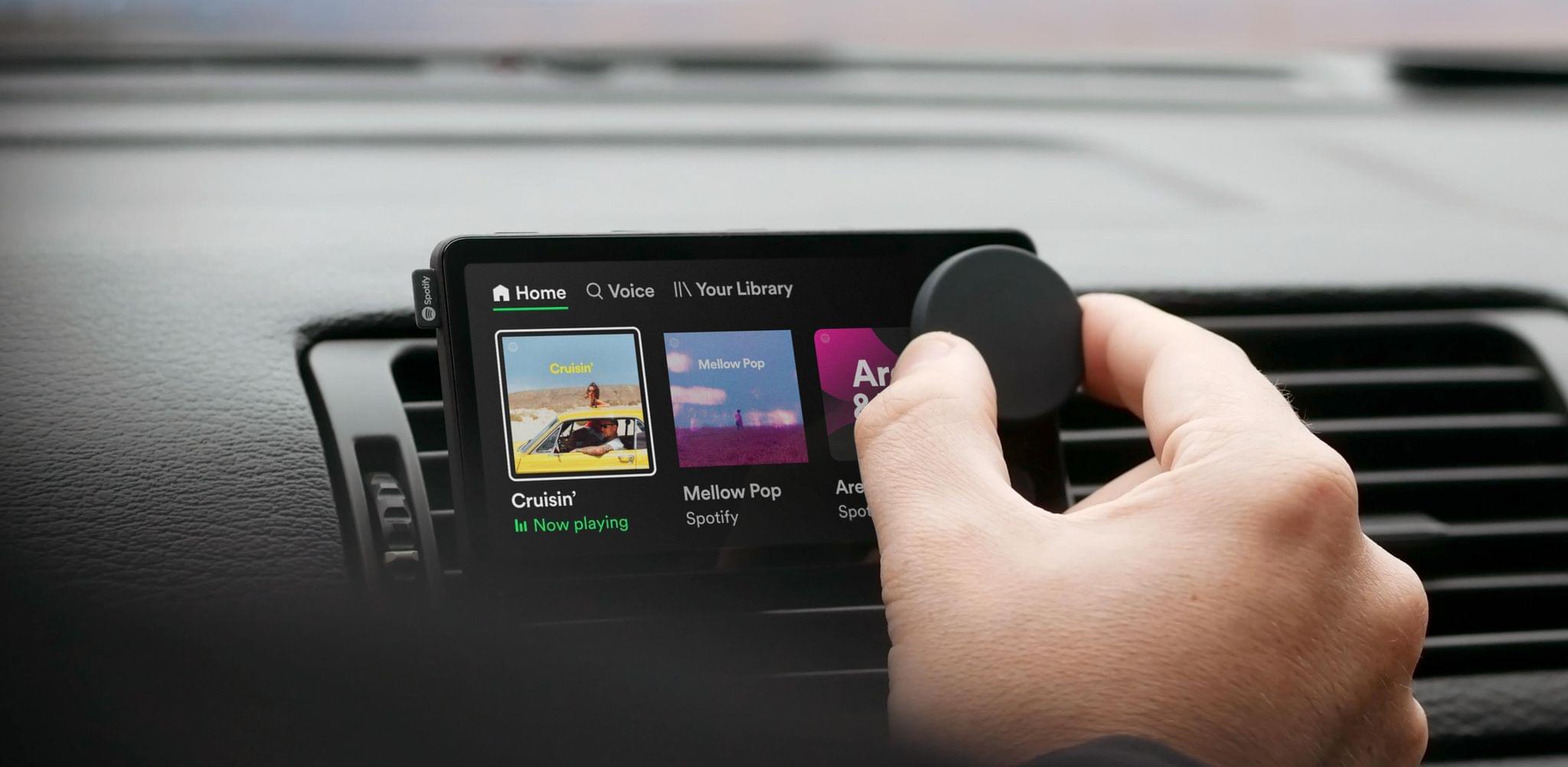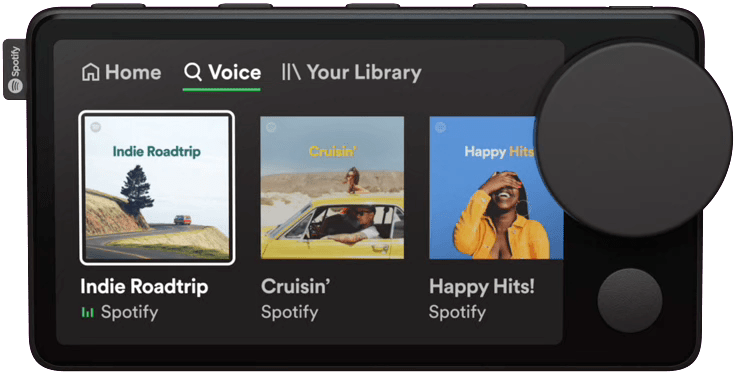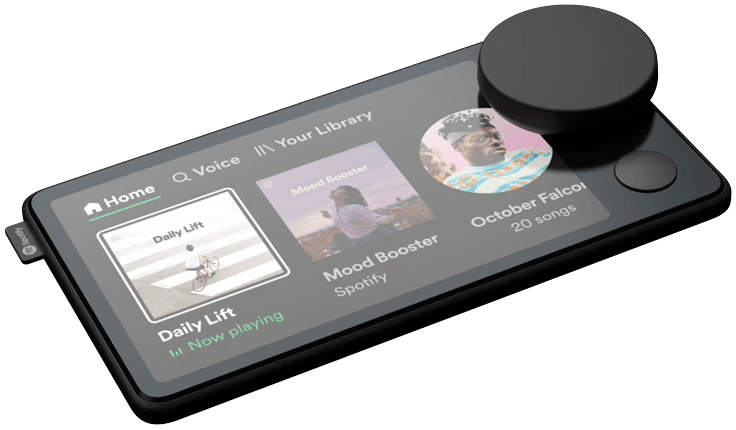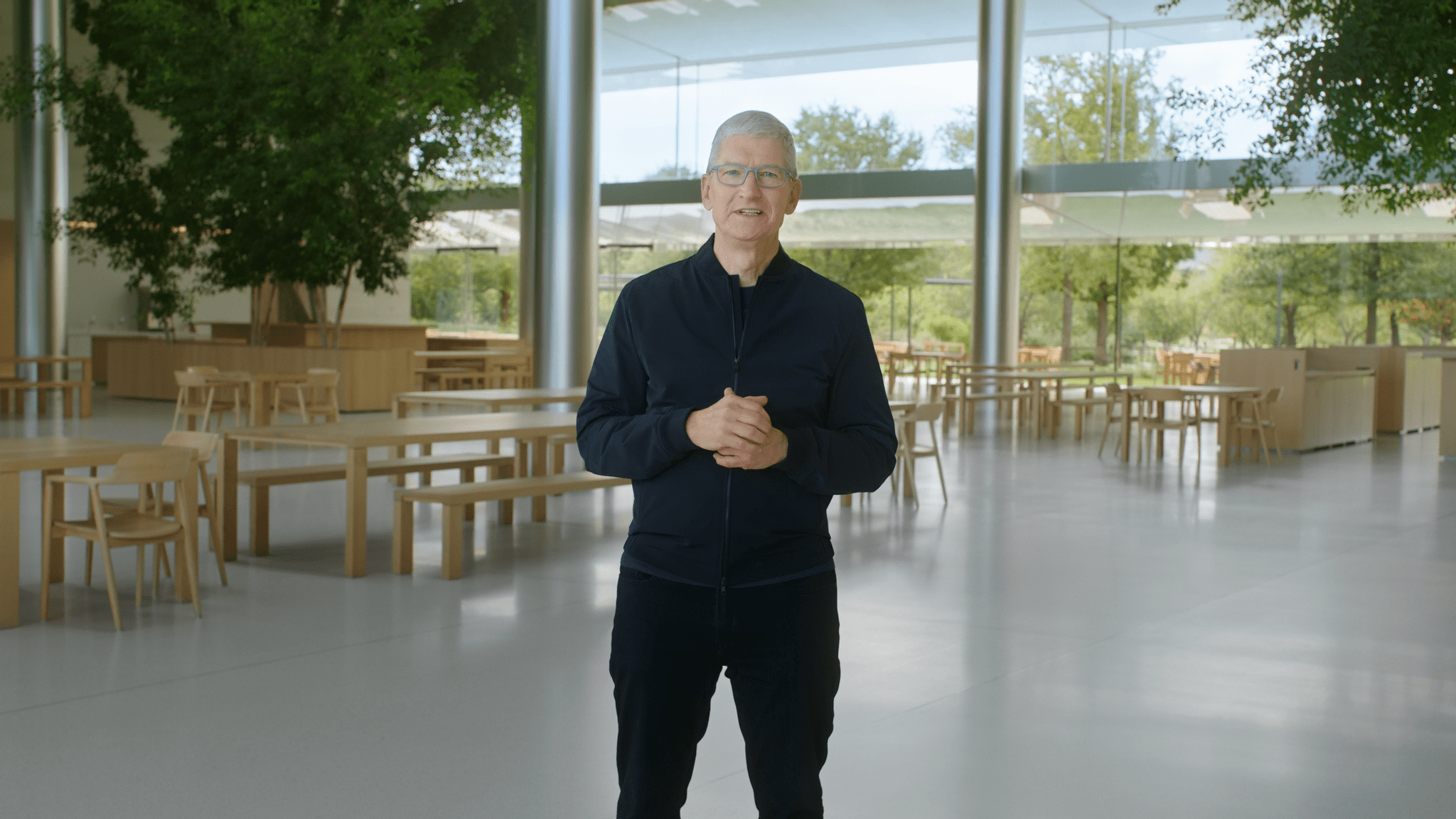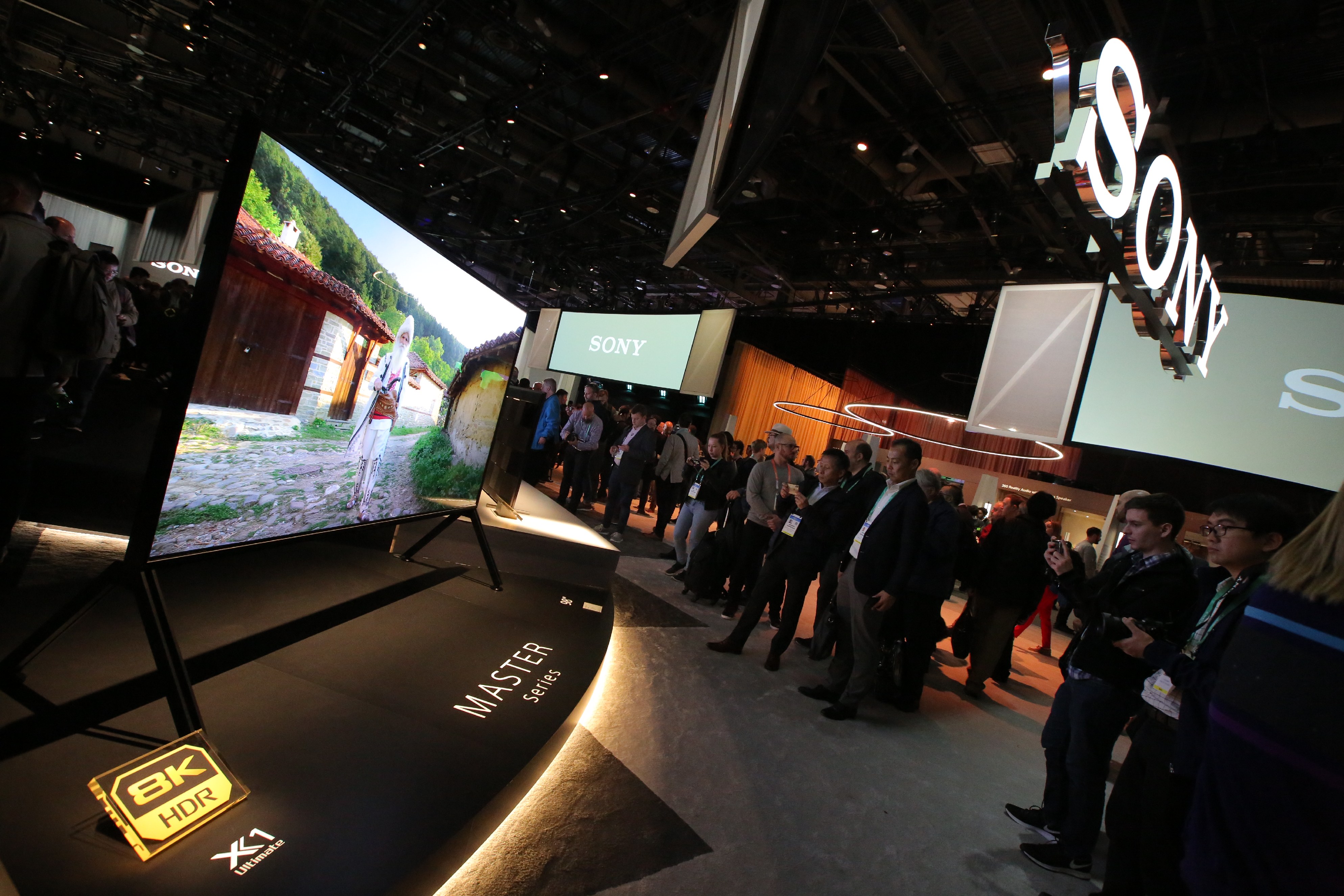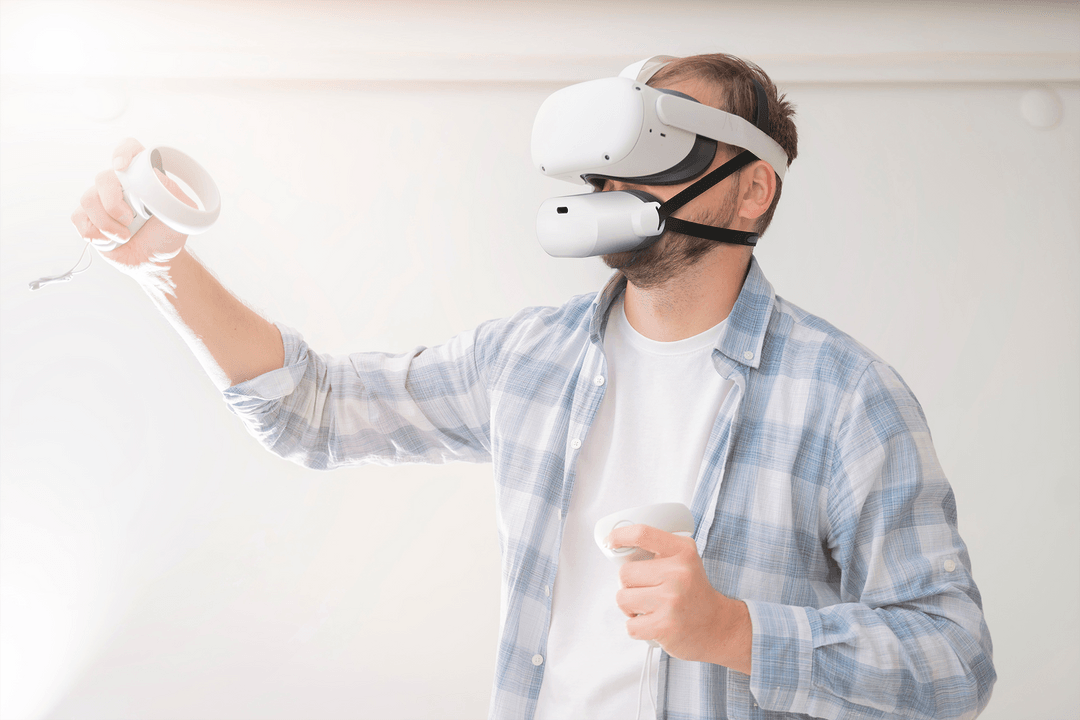
I was a metaverse skeptic until CES covered my eyes and mouth to the possibilities. Source: Shiftall.
Today, I bring you Weird CES, a collection of wacky and wonderful announcements from the past week. But first, I have a few odds and ends that were announced in between my previous two stories and are worth mentioning.
Odds and Ends
There was a lot of laptop news at CES this year, much of which made my eyes glaze over in its sameness. However, there are some notable exceptions:
- LG announced the Gram Style, a 10.99 mm thin, 2.7-pound laptop with a 16” anti-glare OLED display and a trackpad that disappears and uses LED backlighting to reappear when touched
- Razer announced its Blade 16 and 18 gaming laptops, which are big, heavy, packed with the latest high-end tech, and are covered in detail on The Verge
- Lenovo’s ThinkBook Plus Twist combines an OLED screen and an e-Ink display
- Lenovo also introduced the dual-screen YogaBook 9i laptop that has screens that can be used in a stacked or side-by-side configuration
Also yesterday, Stellantis unveiled a concept EV muscle truck called the RAM 1500 Rev., which will follow its owner around like a puppy on command.
Weird CES
During the global pandemic, CES was held online, and there were far fewer strange and wonderful gadgets announced. I’m pleased to report that Weird CES is back in full force. Here are my favorite oddities of 2023:
You probably didn’t realize that what your kitchen cutting board is missing is a removable, rechargeable screen, so you can watch cooking videos while you cut stuff. The Blok is exactly that, complete with a docking station for watching cooking videos when you’re not chopping and an app for the not-so-low price of $699, plus a $390/year subscription for video cooking classes. I think I’ll stick with my old-school wood-only cutting board with an iPad propped up nearby.


